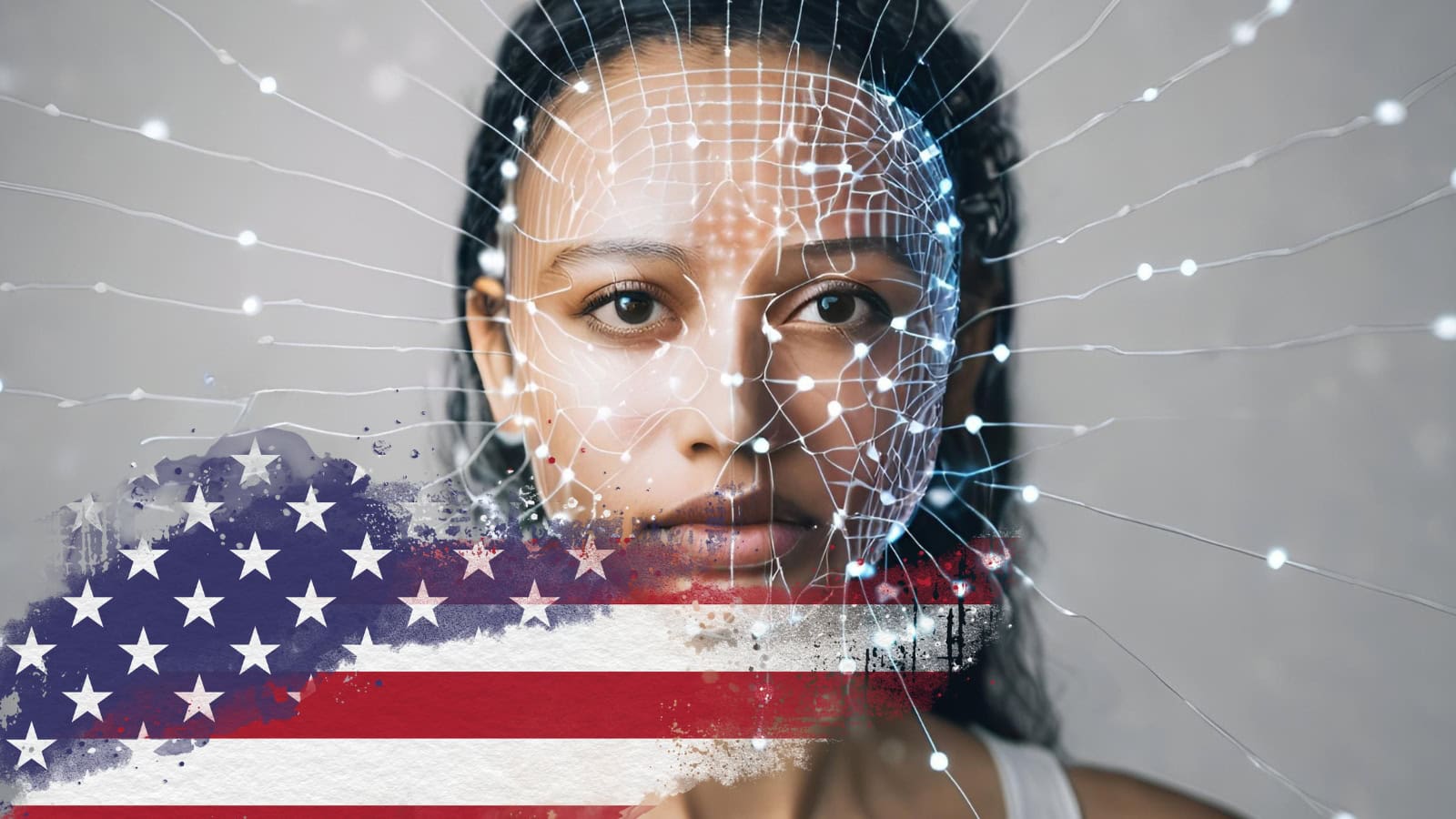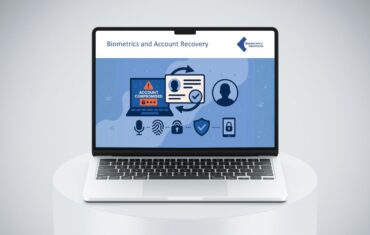
Key insights from the Biometrics Institute’s seminar
The Biometrics Institute’s recently held Biometrics Seminar was an insightful online seminar delving into the latest developments in biometrics in the US and the critical impact of AI on biometric vulnerabilities. This two-session event provided a fantastic opportunity to gain up-to-the-minute insights directly from the heart of these evolving fields.
Held under the Chatham House Rule, the trusted environment made way for open and honest discussion, leading to some thought-provoking questions that really got attendees thinking.
AI and governance
One key area of discussion revolved around AI governance and accountability. Our speakers shed light on the processes in place when impact assessments reveal shortfalls or violations, particularly highlighting the rigorous efforts to mitigate risks. It was emphasised that independent reviews are crucial to ensure risks are properly addressed and not simply “rubber-stamped.” We heard about the public availability of government AI inventories, encouraging transparency and inviting further engagement for those curious to explore more. Important US government AI memos (M-25-21 and M-25-22) were also referenced, along with the US Department of AI inventory, all accessible online for wider review.
The conversation then moved to public awareness and complaint processes regarding the use of AI. There was keen interest in how citizens are made aware of AI implementation and how they can exercise their rights. A key takeaway was the importance of making this information readily accessible on agency websites, ensuring it’s not hidden and is properly routed to privacy officers for accountability. A sentiment echoed in the Institute’s Privacy Guidelines, Principle Six – the fair handling of complaints and enquiries whereby managers of biometric systems must have in place complaints and enquiry systems which include transparent avenues for redress and a sympathetic approach. This approach should accept the possibility of procedural or technical faults in their biometrics system. In all cases, there must be an easily accessible and well-advertised human contact point, especially in programmes which rely heavily on automated systems.
We also explored the practicalities of linking biometric records, with discussions confirming that demographic information is the primary tool, supplemented by other identifiers like SSN where jurisdictionally permissible. The potential for biometrics to reduce fraud was a hot topic, particularly concerning proof of life for social security benefits and the exploration of advanced tools like biometrics for identity proofing in digital issuance. The evolving landscape of mobile Driver’s Licences (mDL) and other biometrically linked identity verification methods was also discussed, with exciting developments being shared from various jurisdictions.
Addressing advanced threats: DeepFakes, Demorphing and more
The second session highlighted the concerns around AI and biometric vulnerabilities. Speakers addressed the complexities of generating and detecting DeepFake videos, the use of Generative AI to synthesise adversarial biometric data, and advanced AI techniques for face DeMorphing. The challenges and progress in DeepFake detection were also thoroughly examined.
The seminar raised some compelling and, at times, “scary” implications, underscoring the urgent need for continued research and public awareness. Our Chief Executive, Isabelle Moeller, highlighted that this is precisely why these discussions are so important and encouraged a wider audience to engage with these critical topics. She stated:
“It’s clear that a tremendous amount of thinking and research is taking place in this vital area, and we were reminded of the valuable guidance on issues like Presentation Attack Detection (PAD) and liveness available from the Biometrics Institute.”
Thank you to all that participated and our outstanding speakers for their invaluable contributions.
- Christina Baptista, Senior Counsel, Office of Privacy and Civil Liberties, US Department of Justice
- Antitza Dantcheva, Directrice de Recherche, Inria Sophia Antipolis, France
- Caprice Edwards, Director of Strategy, NAPHSIS
- Michael Fitzpatrick, Chief Privacy Officer, City of New York
- Andrew Hughes, Vice President of Global Standards, FaceTec
- Siwei Lyu, SUNY Empire Innovation Professor, University of Buffalo, USA
- Angelique McClendon, Commissioner, Georgia Department of Driver Services
- Vishal Patel, Associate Professor, Johns Hopkins University, USA
- Arun Ross, Martin J. Vanderploeg Endowed Professor, Department of Computer Science and Engineering, Michigan State University, USA
- Stephanie Schuckers, Director, Biometrics Institute
We also extend our gratitude to FaceTec for their generous support as sponsors of this seminar.
We look forward to continuing these vital trusted conversations at our upcoming Congress and side events in London on 15-16 October 2025.
If you have any further questions about these developments or the impact of AI on biometrics, please reach out to us.




